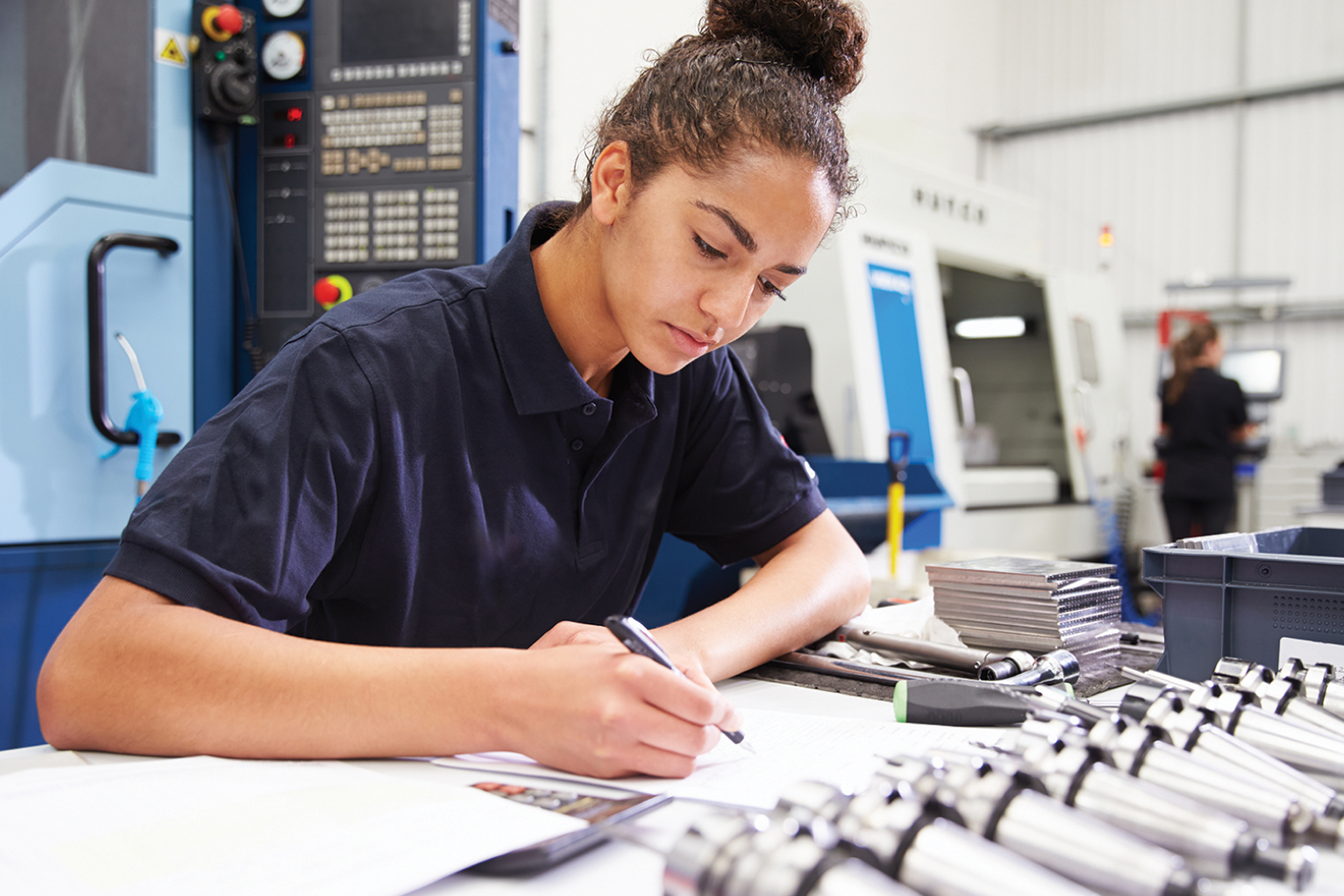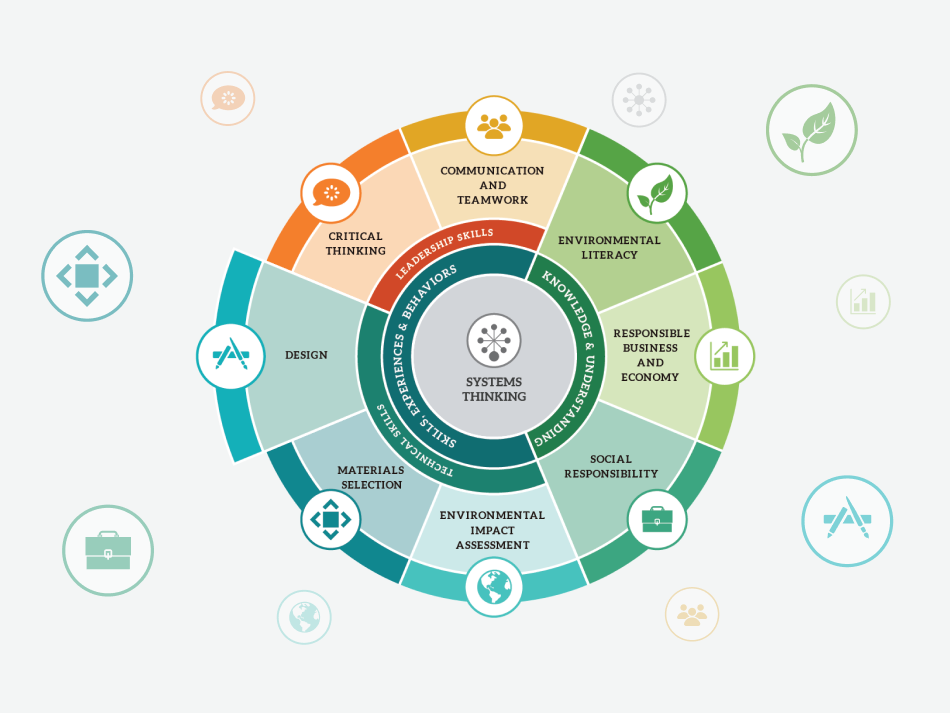
Society faces unprecedented environmental and social challenges. Engineering education must adapt swiftly to integrate sustainability, enabling engineers to build solutions that protect and enhance our world.
Sustainability: An Imperative for All Engineers
Traditionally, engineers were taught to design for technological efficiency, durability, power, and function. But today’s engineers are being called upon to do much more. Ecological and societal impacts belong in design requirements, not as nice-to-have notions but embedded within technological specifications. Engineers who embrace this modern vision are demonstrating the core values of their profession — innovation, efficiency, and problem-solving — while improving lives today and for generations to come. In the 21st Century, excellence in engineering requires sustainable practices in all engineering facets and disciplines.
Recent data reinforces the importance of EOP’s focus on sustainability, as it directly aligns with both student values and current employment trends.
Green talent is far more likely to secure a job, getting hired at a global rate that is 54.6% above the economy-wide hiring rate.
91% of 1,000 recent graduates who want to make a difference said it was vital the company they work for has a positive environmental impact, and 85% said it was important a company has sustainable practices.
Left: LinkedIn (2024), Right: Prospects at Jisc (2022)
Imagine a world where sustainability is so embedded in day-to-day work that sustainability labels are no longer needed.
We’re witnessing a powerful convergence of trends and factors that are reshaping the field and creating unprecedented opportunities.
Urgent Global Challenges
The climate crisis, pollution, and biodiversity loss demand innovative engineering solutions.
Student Demand
Students prioritize sustainability in their education and careers, seeking to become agents of change.
Employer Needs
Companies are aggressively recruiting talent with green skills, confirming their high value in the job market.
Driving Forces
This surge in demand is fueled by corporate climate pledges, global regulations, the global energy transition, cost-effective sustainable practices, and consumer/employee pressure.
Opportunity for Education
Embracing sustainability in engineering education is a massive opportunity to attract more diverse engineers, equip future leaders, and drive green innovation.
Design isn’t just about function — it’s about impact. The Engineering for One Planet Framework is a foundational, open-source tool for redesigning engineering curricula for positive impact. Integrate the EOP Framework today and build solutions for a better tomorrow.

The Green Engineer: Building a Better Tomorrow
Attract More Talent and Build A Better Tomorrow by Integrating Sustainability Principles Across Engineering Education
Society faces urgent challenges related to climate change, resource depletion, and environmental degradation, requiring engineers equipped to develop sustainable solutions. EOP-educated engineers will be prepared to tackle these challenges head-on, designing infrastructure, products, and systems that promote a healthy planet.
The EOP Framework fosters a holistic understanding of engineering’s role in society, encouraging engineers to consider the social, economic, environmental, and ethical implications of their work. This approach cultivates a more responsible and engaged engineering workforce, capable of innovating solutions to complex technological and global issues while contributing to a more just and equitable future.
LinkedIn’s Global Green Skills Report 2024 reveals that the climate crisis is driving governments and businesses to set ambitious sustainability goals, but there is a critical gap: the current workforce largely lacks the green skills needed to achieve these targets, requiring a doubling of the global green talent pool by 2050 to avoid a severe talent shortage. And, students are increasingly demanding sustainability in their education and employment. They recognize the urgency of climate change and want to contribute to solutions. LinkedIn’s report tells us that industries, too, are clamoring for engineers with expertise in sustainable practices.
By integrating the EOP Framework into engineering curricula, universities can attract and retain top talent, preparing graduates for successful and fulfilling careers while simultaneously addressing critical workforce needs. Tapping into more people with different viewpoints and lived experiences spurs innovation and more effective, contextualized solutions, ultimately strengthening the engineering profession and its ability to address the complex challenges of our time.
Universities are vital in tackling global sustainability challenges through research, education and innovation, yet their transformative potential remains underutilized.
The Student Call for Sustainable Engineers Undergraduate Reese Simancek speaks directly to the importance of imbuing sustainability into engineering education and careers.
